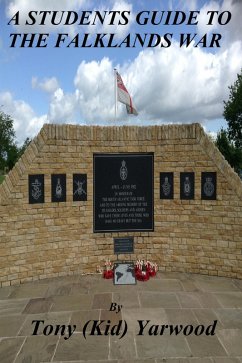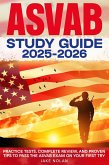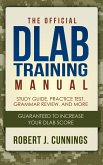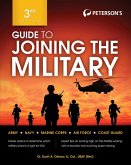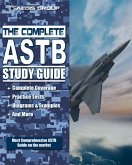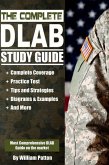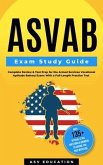The aim of this guide is to give students of all ages a good understanding of the long running dispute and ownership of the Falklands from 1833 to present day. It covers the invasion of these two land masses that are truly British by the unsuspecting Argentine Forces in April 1982 to the shock and horror of the then Governor of the Falklands' the late Sir Rex Hunt who stated when he saw the Argentine's swarming ashore that, "It looks like the buggers really mean it." We can go as far back as five hundred years with inhabitants such as the Dutch, Portuguese, French, Spanish, British and Argentines. It will briefly cover useful information about the islands and Port Stanley the Capital including local attractions. The operational name the British used during the war was "Operation Corporate" and the Argentine's called it "Operation Rosario". It only lasted 74-days, but it was a ferocious 74-days and at the time was the largest contingent of ships to set sail since World War Two. The first Royal Navy ship and merchant ship to be sunk were also the first since the Second World War. The casualties on both sides was high with around a thousand servicemen losing their lives with thousands more wounded. When the Argentine's surrendered there was over eleven thousand enemy prisoners of war that had to be processed by the British before repatriating them back to Argentina. The Argentine returning troops were treated badly by some and many are suffering in silence today with battle stress or PTSD and many veterans are finding it very hard to hold down jobs. They found support from their government as regards to pensions even more difficult. The Argentine's lost 25 helicopters, 35 fighter aircraft, 2 bombers, 4 cargo vessels, 25 coin aircraft and 9 armed trainer aircraft; over one hundred in total. The British did not get off lightly as they lost 6 ships with many damaged. Three local women lost their lives in Port Stanley by a stray bomb fired by the British. Many merchant seamen also lost their lives who served on the Royal Navy ships or ships taken up from trade. This guide gives you useful information including pictures and explains how the islands have flourished since the war with tourism and the possibility of oil. They are now safely protected by British servicemen and women and the population is growing slowly with new roads, schools and infrastructure making these unique islands the ideal place to live. It enables schools of all ages, colleges and universities to have a quick reference guide to the history surrounding these iconic islands that the late President of the USA Ronald Reagan once called, 'a little ice-cold bunch of land down there.'
Dieser Download kann aus rechtlichen Gründen nur mit Rechnungsadresse in A, B, CY, CZ, D, DK, EW, E, FIN, F, GR, H, IRL, I, LT, L, LR, M, NL, PL, P, R, S, SLO, SK ausgeliefert werden.

